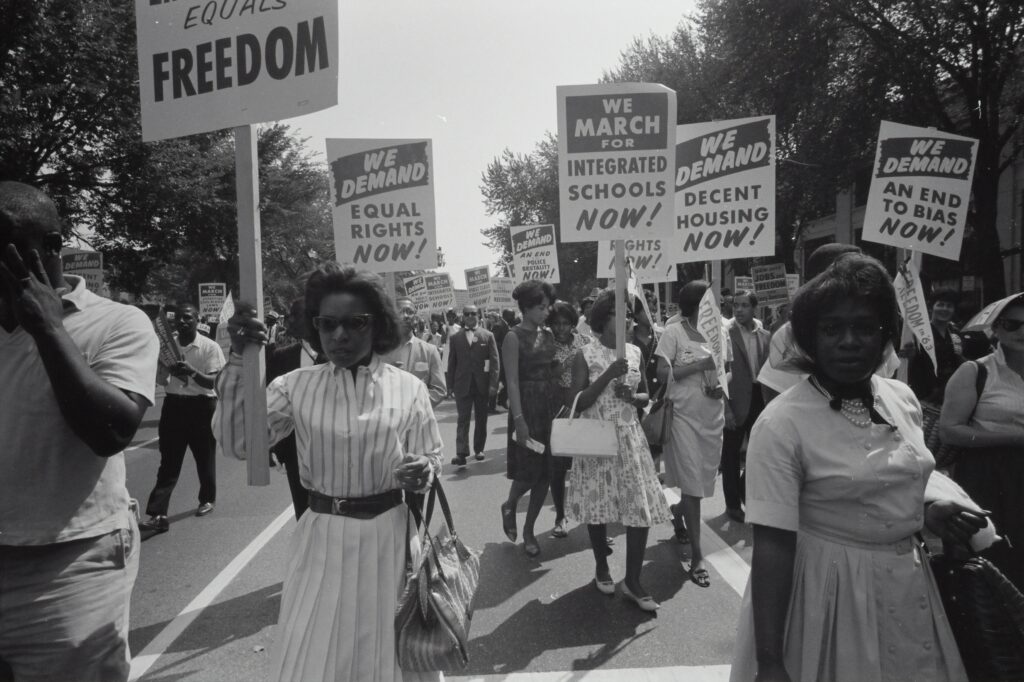Human Rights Monitoring

Human Rights Monitoring Training Feedback Survey
You feedback is extremely important for us as it can contribute to improving the methodology of the human rights monitoring training in future editions and forthcoming updates. Therefore, we strongly encourage you to fill in this form, share your experiences and tools, but also any comments and suggestions in the form below or in the Contact Us form.




